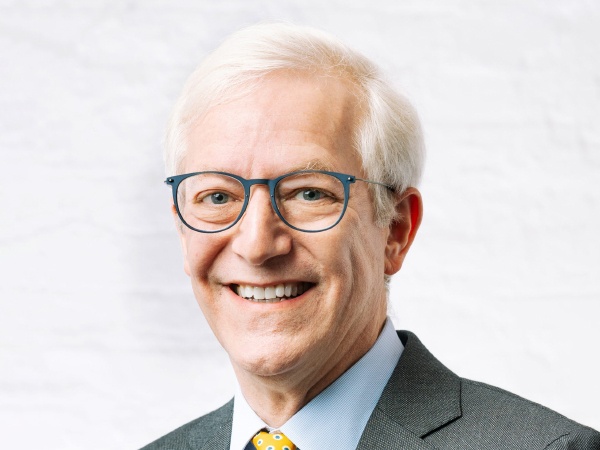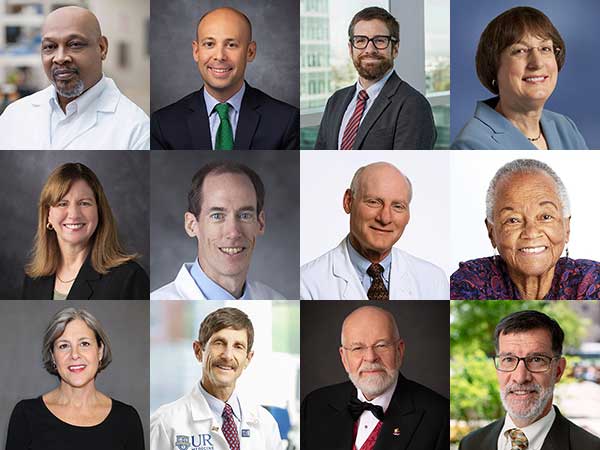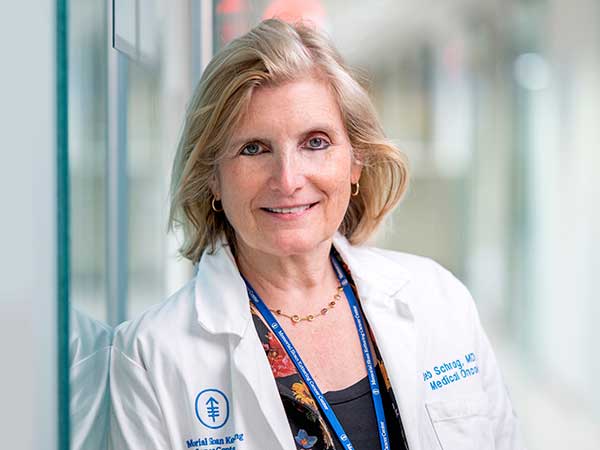Last week, the world lost a true visionary and a wonderful human being. Paul Farmer was committed to equity in health and beyond. His life’s work served to help make this world a fairer, better place. He was a humanitarian, champion of human rights.
He was kind and generous with his time, and fun to be around. Paul just loved people, all people, and they loved him. He was not only comfortable in settings and situations that would be out of most of our comfort zones, but he routinely sought out such situations.


Copyright: President and Fellows of Harvard College
I first met Paul during residency in Boston. He and Jim Kim were behind me in training, and I was in charge of scheduling internal medicine clinical rotations for the year. Paul and Jim were what we called “hemi-docs”—the two split one internship slot so they could pursue chunks of time outside of Boston, essentially creating Partners in Health (PIH). When they came to me with requests for time off, I’d ask where they were going and what they were doing. Haiti? What in the world were they doing there? Really? I was intrigued and inspired and wanted to know more.
I followed Paul’s career, and our paths intersected at various points along the way. After completing my fellowship training in oncology, I developed my own interests in global oncology, in part inspired by Paul. On a trip to Rwanda in 2009, I was invited to visit the PIH Rwinkwavu clinic. On the walls of the clinic, I saw the phrase “Inshuti Mu Buzima”—Friends in Life—which was how Partners in Health was known in Rwanda. During my visit a meal was served—not just to the patients, but to their families, the staff, the visiting medical students—to everyone. Paul believed that optimal health and healing for a patient could not occur without addressing food, clean water, housing, transportation, as well as the support and health of the family and community. Paul was teaching and addressing “social determinants of health” before the phrase became the buzzword that it is today.
Although trained in anthropology and infectious disease, Paul also cared deeply about inequities he saw in cancer care and survival in low-resource settings. In 2010, Paul was the lead author on a Call to Action published from the Global Task Force on Cancer Care and Control in Developing Countries, a group led by Felicia Knaul and the Harvard Health Equity Initiative. The paper challenged the global health community’s assumption that cancers could not be adequately treated in poor countries, noting the analogy to similar unfounded arguments against HIV treatment when skeptics argued against using anti-retroviral medications in low-resource settings in the early 1990s. The Call to Action explored how the HIV/AIDS response could provide a model for confronting the global burden of cancer, and concluded that that much could be done to prevent and treat cancer even in the most resource-constrained settings.
In 2013, at the invitation of then-President of the American Society of Clinical Oncology Sandy Swain, Paul spoke at the ASCO annual meeting opening ceremony. He spoke to a standing-room only crowd about “Building Bridges to Improve Cancer Care in the Setting of Poverty: Lessons from Haiti, Rwanda, and Malawi.” I watched that talk again this week after Paul’s death, reflecting on his enthusiasm and support for improving global cancer outcomes conveyed in his speech, and the wisdom in his words of encouragement.
Paul challenged us to commit to serious efforts to confront the huge cancer outcomes gap in low- and middle-resource countries, calling for urgent action, and yet recognizing the challenges. He called on academic medicine to establish health equity tracks to bring oncology trainees to underserved communities, wherever they may be. Paul took aim at what he called the failure of imagining that we can’t treat cancer patients in low-resource setting, urging us to “Bring the staff and stuff and take the fight against cancer to Africa.”
He concluded by saying that it would not be easy, but we could do it, and we needed to set high goals. “The provision of adequate health care in settings of poverty is by definition difficult, but the past two decades have taught us that setting our standards high can help bring new resources to bear on old problems.” Paul’s words continue to influence and shape our priorities and direction today—our ASCO mission statement strives for “promotion of the highest quality, equitable patient care,” and one of our four primary strategic goals is “to make a global impact.” We heard you, Paul!
In 2017, I visited the PIH Butaro District Hospital in Rwanda, an amazing facility, providing state-of-the art cancer care in a setting that could only have been achieved by dreaming big, setting the highest standards, and not listening to the skeptics. The visit focused on a project involving patient navigation, peer-to-peer support, and community engagement—driven by an understanding that in healing the patient we must address the patient’s whole community and cultural context.
If we had to lose Paul so soon, it is comforting to know that he died at Butaro after a week of participating in teaching and cancer rounds with medical students, in a facility, community and country that he loved, doing what he loved.
Paul Farmer inspired and influenced the entire global health community. His passion and his contributions will continue to inspire generations to come. On behalf of myself, ASCO, and the global oncology community, I commit to honoring Paul’s legacy by working to achieve equitable access to high-quality cancer prevention, diagnosis, treatment, and supportive care for everyone, no matter where they live. My thoughts are with Paul’s wife and children, his Partners in Health family, and all of those who knew and loved him around the world.










